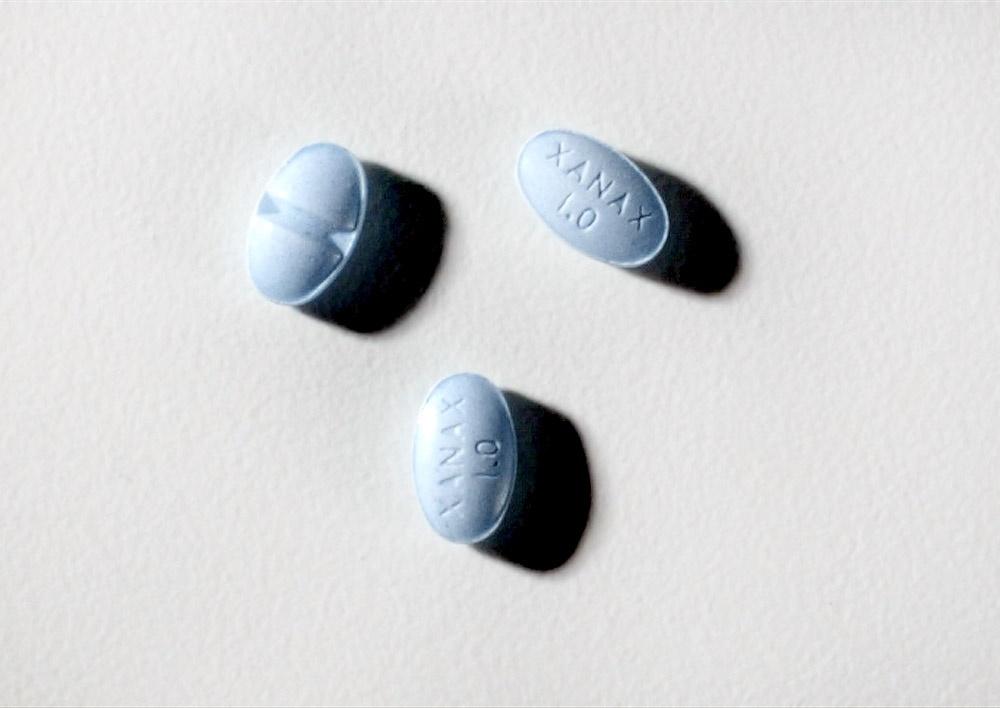Everyone has their own addiction, mine happened to be Xanax.
It all started a few years ago. I made an appointment with my psychiatrist to discuss medications to reduce my anxiety.
“Here’s a bottle of Xanax.” These should be used for emergencies only,” my psychiatrist said.
I was relieved to finally have something to ease the symptoms of feeling like an elephant was sitting on my chest.
I started to take Xanax every time I had a panic attack, which fulfilled its purpose of “emergencies.”
Shortly thereafter, I started to take Xanax anytime I felt any emotion that I did not know how to handle or did not want to feel.
I started with one pill a day, two became three, then it led to almost four every single day.
I had never felt better. Every inconvenience felt like it was no longer a big deal. I would feel my body and my mind slow down. I would lie down and feel the weight of every problem leave completely while I blocked out the world.
I went back to my psychiatrist for a refill, which should have lasted three months. Yet, I had finished the bottle in two weeks. Even then, it did not occur to me this was becoming an addiction. In my mind I was cured and found the drug that would take away my problems, and needed more.
After my psychiatrist said no to the prescription, I made it my goal to find Xanax off the streets however I needed to. Not to mention, I also drove myself into debt during the process. I would go anywhere and meet anyone for a fix no matter the time or place.
It still was not an addiction to me. Then, one day everything changed for me.
I went to work and started to fall asleep at my desk. I could not keep myself from falling over. My speech was slurred, and my supervisor said, “You do not look well, you should go home.” The next thing I remember I woke up and I was in my bed.
“How the hell did I get home?” I asked myself. I looked at my call log and saw I had called my friend. When I asked him what had happened, he explained to me that I was passed out on a bench near my work and he had to pick me up and put me in his car and carry me into my house.
I told that close friend that I would get help. I thought about the fact that anyone could have picked me up off that bench that day. I thought about how I knew I would experience withdrawals if I had to go even a few days without Xanax. I thought about how I started to forget most days and how I would even get to work.
Most importantly, I thought, “I really am an addict.”
I told people close to me that I would get help after their concern in the change of my personality. Yet instead, I continued to drink excessively and engage in other impulsive risky addictions.
I was too out of body to have awareness of how others perceive me, and too addicted to care how it was ruining my interpersonal relationships.
I wanted to feel anything other than blame, shame and guilt.
The truth is, I just wanted to numb out from the trauma and pain of childhood neglect and abuse.
I would go to therapy and sit there and feel angry at everyone and everything. They did not experience what I did. How dare they tell me how to feel.
That was until one day, I was introduced to a skill in dialectical behavioral therapy, called radical acceptance.
According to “DBT Skills Training Handouts and Worksheets” by Marsha M. Linehan, radical acceptance is defined as allowing yourself to stop fighting reality, even if you do not like it.
Now, you are most likely thinking, acceptance means I must accept it to change it. Trust me, I did, too.
Yet I learned radical acceptance meant that I can accept the pain and the hurt and work toward recovery. I learned that I do not have to like sobriety in order to achieve it. I had to understand that pain cannot be avoided, and rejecting reality turns that pain into suffering.
Through exposure to coping skills of DBT, I did an extensive amount of individual and group therapy sessions, in which I allowed myself to feel the feelings and try to solve for the problems.
I did not wake up one morning and think, “I am cured.” The truth is, with the withdrawals are a painful place to be in. Being 22 years old and sober around young adults was a hard reality for me to accept. I had to remove myself from the people and places that were feeding my addiction.
I surrendered myself to choose a life worth living, that led me to a month sober, which now has now led to six months sober from all substance abuse and negative coping mechanisms.
I met an extremely experienced therapist in the medical field who taught me that I could not recover by a half-assed attempt to be sober. I had to be all in or all out in my treatment program. I decided I wanted to be all in, and that decision changed my life.
Addiction is scary, and getting help is uncomfortable. Replacing your addiction with another addiction will not solve the problem. Having to feel your feelings and work through your problems will hurt. It is not easy to be vulnerable with yourself. It is not easy to admit that you are an addict.
However, if there is anything I want to share with people seeking to recover, it is that everything is unfolding exactly the way it is supposed to, even when it is painful.
I am worth fighting for, and so are you.




